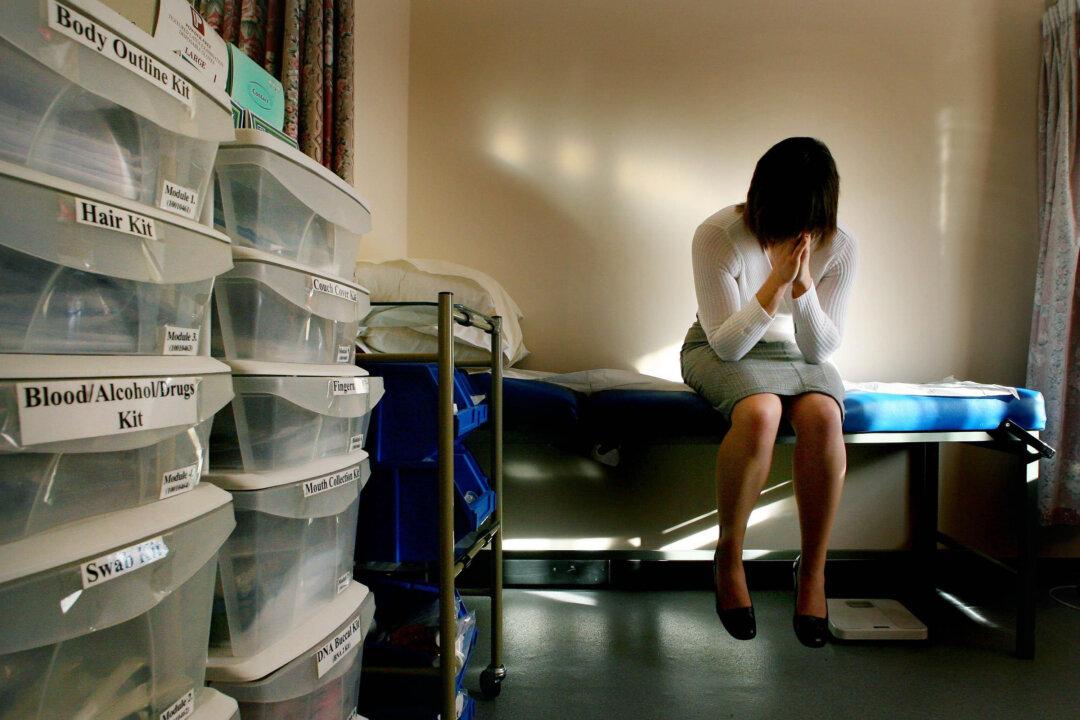Prosecutors in rape cases will meet complainants face-to-face if defendants plead not guilty, under new plans designed to cut the number of women who withdraw from the trial process.
The number of rape prosecutions in England and Wales dropped by 70 percent between 2017 and 2022 and the Crown Prosecution Service (CPS) is concerned about the number of complainants who stop cooperating before cases come to trial.





